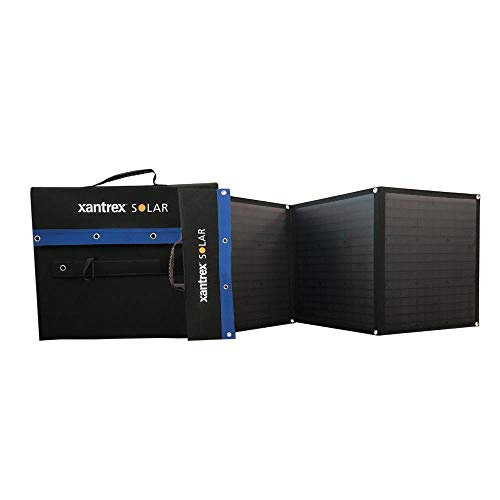coolerinfrederick
Member
- Joined
- Jun 19, 2018
- Messages
- 11
- Reaction score
- 0
since i put my 3) 200 ah batteries in my van i watch the volt meter like a hawk, i have a ctek d250sa and smartpass 120 for charging and a powermax pm4 converter/charger when im home, so when my voltage drops below 12.3 with " no load " on the batteries I'll plug in the powermax, i dont drive the campervan much throughout the week but very satisfied with the ctek for charging when i do drive, anyway the other day i was working in the van and decided to see if my 1000 watt inverter could run my 5k btu window unit i installed, and to my surprise it handled it like a champ, ok l thought lets plug in the 115v 1.7 cu ft fridge, and again handled it like a boss with both appliances on, once it cooled down alittle the amp draw from the inverter on the 12v side was only 19 amps and the appliances began to cycle with no issues ( note i have hard starts on all the appliances ), after about 3 hours of running and cycling etc. etc. i noticed while " both appliances were on the voltage would drop down to 11.8-11.9, the inverter never faulted but i didnt like to see it drop so low, i decided to turn the inverter off,,, with no load on the batteries after about 45 mins. the volts came back up to 12.4, hmmm i was about to fire up the generator to recharge when i saw 11.8, but when i shut everything off and let it stabilize i still had a decent charge ( 12.4 volts ), im trying to create a pattern of when to charge ( solar is coming next year ) manually or basically through the powermax, i always look at no load volts, at 12.3 i plugin the powermax and im good but maybe im all wrong here, secondly, why did volts drop so low when the ac and fridge were on even though i still had like a 70% charge on the battery and is it bad for them ?


































































